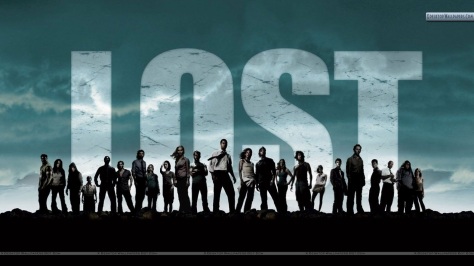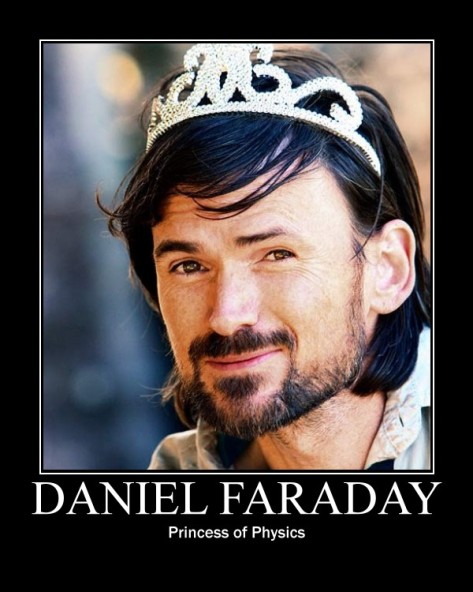
I’ll be honest, I never liked LOST. Granted I was too young to enjoy it when it first aired, but I couldn’t get into it later in life, either. However, when it comes to the concepts of transmedia (storytelling across multiple platforms) and being meta, I have to give this show immense props. Until recently, I didn’t know how much of “a thing” transmedia was. Upon finding out that shows like Sherlock were known to utilize multiple platforms–radio broadcasts, character’s blogs, etc.–to, sort of, keep the world of the show going, sometimes even when the TV series wasn’t actively releasing new episodes, I was fascinated and in awe. Positively capitalizing on fans’ love and dedication to a fandom, as well as relatively new advancements in technology, transmedia is, in my opinion, one of the most innovative ways to keep an audience invested in a series. And, though I was in elementary school when LOST was coming out with new content, new ground was being broken.
In Steven E. Jones’ chapter “The Game of LOST,” from his book The Meaning of Video Games: Gaming and Textual Strategies, he writes about how the characters interact with the island on the show as if it is a “puzzle” of sorts, by saying, “On one level, this is a metaphor for how the viewer relates to the writers behind the scenes of the mystery show, who are producing meaning week to week (and rumor has it, sometimes on the fly, in response to fan feedback). But on the other hand it also describes how any player approaches most video games…” (Jones 3). Jones is right; characters are indeed as “in the dark” as viewers are when they watch LOST without spoilers, traversing their own “jungle” that lacks full understanding and comprehension, and picking up new clues and ideas along the way, with the characters.
This is what makes LOST‘s version of transmedia so meta. Not only are viewers trying to find the answers to their personal questions, as well as the content that will fill in plot holes, in their minds while passively watching the show; they are on the hunt, as well. The shows writers created Lostpedia (an archive of all things LOST, where cast members and writers would often interacted with fans) and The Lost Experience (an alternate reality game version of LOST used to fill in time between seasons 2 and 3). On sites like Lostpedia and The Lost Experience, fans were on the hunt for clues, across multiple media platforms, to make sense of what was going on in the show, as well as fill the downtime in the series with more Lost to satiate their love and dedication to the fandom.
Once again, I find these innovations fascinating, brilliant, and lucrative. But I still find how meta the entire process of navigating the transmedia is to be the most fascinating. As Jones said, fans were treating the show like “most video games,” as were the characters with the show’s island. Characters stumbled through the forests of the island on LOST, and, once the episode concluded, fans would take to their computers (most likely to access sites like Lostpedia and The Lost Experience) , and stumble through the other (digital) jungles of bedlam and confusion that writers had strategically modeled. Concepts such as fan fiction and cosplay have proven that fans often seek a level of immersion that literally brings them into their beloved fandom, and LOST seems to be one of the first TV shows to allow fans to do just that. It’s meta, it’s lucrative, and it’s fun for the fans. Everybody wins with the LOST legacy.

